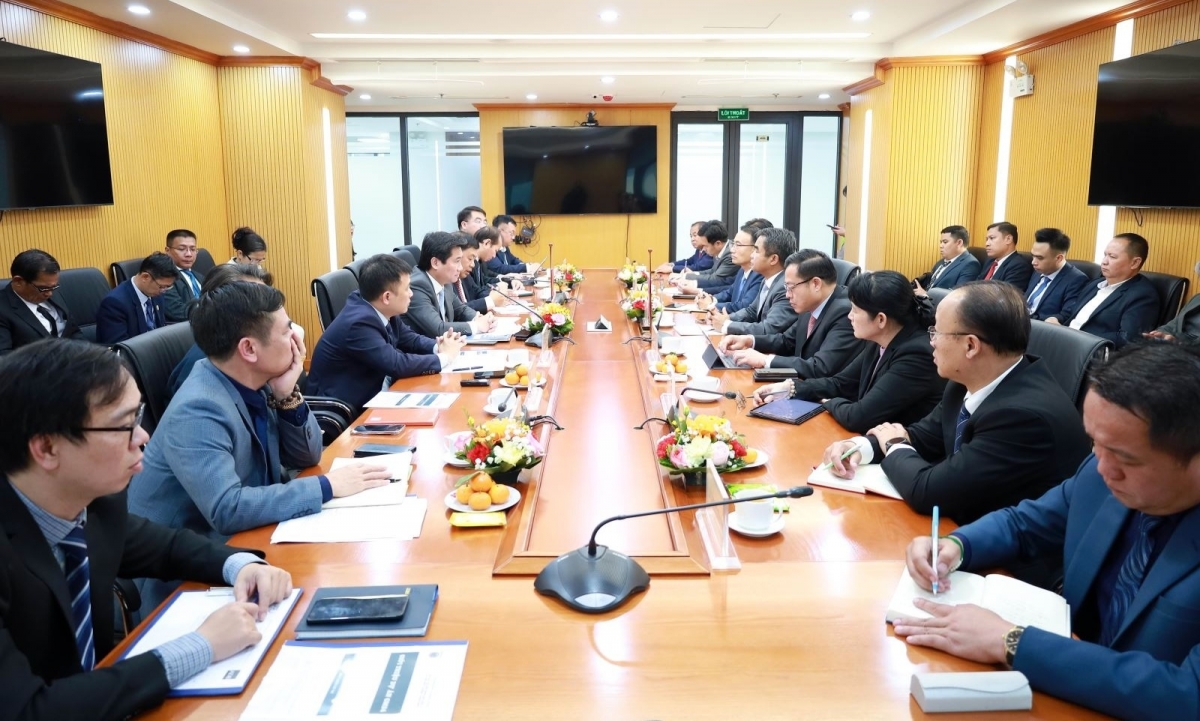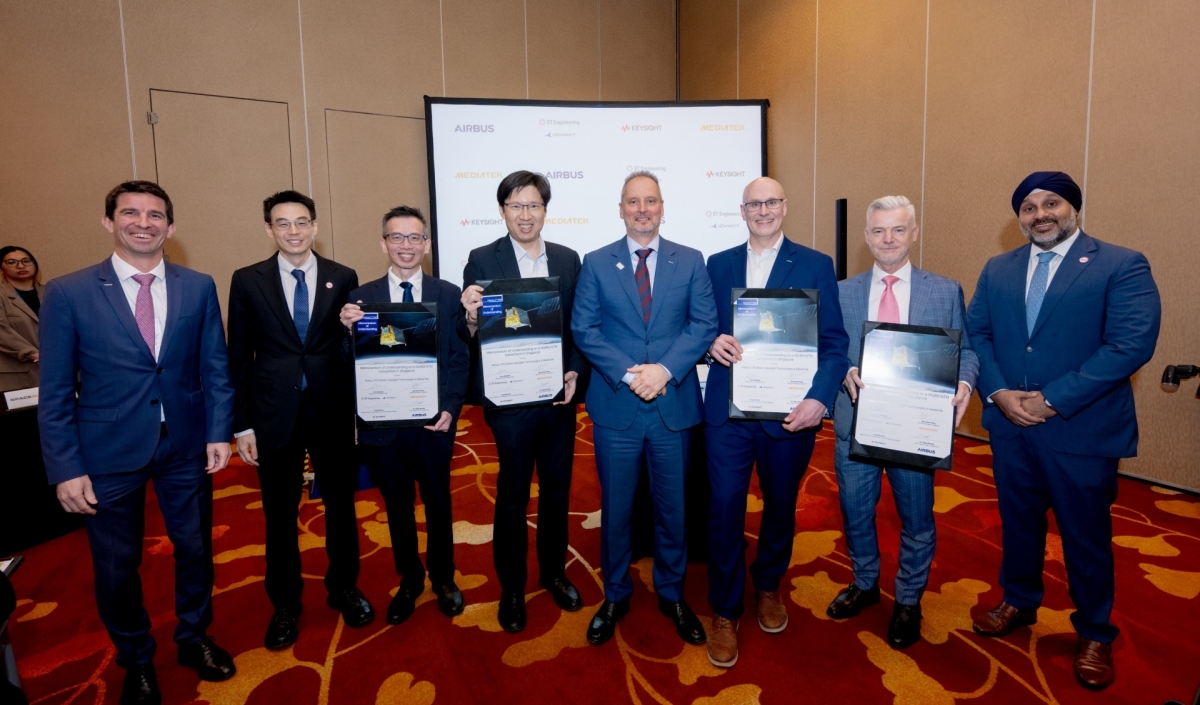INTERNATIONAL INVESTMENT
AND PORTAL
Trade and investment are key pillars of the Canada-Vietnam relationship. What opportunities do you see for growth in these areas, especially with high US tariffs in the mix?
 Canadian Ambassador to Vietnam, Shawn Perry Steil
Canadian Ambassador to Vietnam, Shawn Perry Steil
The Comprehensive and Progressive Agreement for Trans-Pacific Partnership (CPTPP) creates the conditions to strengthen the bilateral trade relationship and promotes two-way foreign direct investment.
In 2024, two-way merchandise trade between Canada and Vietnam reached C$15.6 billion ($11.36 billion), up from C$14.1 billion ($10.27 billion) in 2023, comprised mainly of imports from Vietnam. Foreign investment from Vietnam to Canada is estimated at C$27 million ($19.66 million), and Canadian investment into Vietnam was $5.4 billion.
In 2024, Vietnam remained Canada’s largest trading partner in ASEAN. In 2022, the two countries established a joint economic committee to further enhance trade and economic relations.
With both nations as CPTPP members, tariffs are no longer an obstacle. However, Canada is still vigilant about potential market barriers, closely working with Vietnam’s Ministry of Industry and Trade to ensure smooth trade flows and address any challenges promptly.
Although the trade deficit with Vietnam is significant, with about 94-95 per cent of trade being Vietnamese exports to Canada, we do not simply see Vietnam as a market, but a part of the global supply chains and want to sell more to Vietnam.
Many companies investing here have invested heavily in the manufacturing sector. So often we have goods being imported by Vietnam, assembled or manufactured in Vietnam, and then sold to Canada. So we recognise that this will increase Vietnamese exports to Canada, but it’s also part of our own inputs into Vietnam.
This symbiotic relationship benefits both sides and underscores the interconnectedness of our economies.
What sectors are Canadian investors most interested in within Vietnam, and what can be done to encourage further investment?
Canada’s interest in Vietnam’s manufacturing sector is substantial, with investments in factory construction and the supply of materials for assembly. Additionally, Canada is a leading foreign investor in Vietnam’s insurance sector.
However, there are gaps in other sectors that could be explored. For example, mining, where Canada holds global expertise, has been largely overlooked in Vietnam for the past 15-20 years due to concerns over regulatory transparency.
But with Vietnam being rich in critical minerals and rare earth elements, Canada is keen to bring its investment and technology to support these industries, although regulatory cooperation will be crucial.
There is also potential in advanced manufacturing. Canadian companies are already involved in the supply chains of VinFast, but the sector could benefit from more Canadian expertise, especially in areas like energy efficiency, wastewater treatment, and sustainable manufacturing.
As Vietnam continues to expand exports to regions like Europe and North America, where labour and environmental standards are rising, Canada can play a pivotal role in supporting Vietnam’s manufacturing sector through both investment and technology.
With the current comprehensive partnership, do you think the relationship should be elevated to a strategic partnership?
Canada recognises the importance of the level of partnership. While the priorities in the current comprehensive partnership remains unchanged, we note that the new level would need more substances.
The growth in Vietnam’s stature, particularly over the past three years, has been remarkable. Vietnam’s “bamboo diplomacy” has made significant strides, and Canada can certainly learn a lot from this flexible and effective foreign policy approach.
A strategic partnership would indeed signal the importance of our relationship and bring greater focus to mutual interests, including security, trade, and global governance.
Can you elaborate on the development cooperation between Canada and Vietnam over the years?
Canada has partnered with Vietnam on development initiatives for over 30 years. Our partnership has evolved from efforts to lift millions out of extreme poverty, to assistance now centred on expertise, innovation, and meeting future challenges.
Since 1990, Canada has contributed approximately $1.9 billion in international assistance to support Vietnam’s development and poverty reduction efforts.
In the 2023-2024 period, Canadian international assistance to Vietnam was $31.8 million which included programming in food safety, investment readiness, growth of small- and medium-sized enterprises and cooperatives, public-private partnerships and supporting ethnic minorities.
Over the last few years, there’s been a focus on supporting small and medium-sized enterprises and the baseline of the economy. Canada, like Vietnam, depends on small enterprises to drive the economy. We’ve done a lot of work to support not just companies themselves, but the ecosystem that supports them.
One important area we have had meaningful engagement on is work with people’s credit funds to ensure small enterprises in rural areas have access to capital. Moving forward we are also increasingly active in building the capacity of social impact businesses - those that pursue not only profit but also social or environmental goals. For years, we’ve run successful initiatives in partnership with the United Nations Development Programme and other organisations to identify promising companies, train them, and support them in accessing finance, including international funding.
There is a growing pool of international venture capital funds specifically targeting social impact businesses. However, accessing these funds requires companies to be innovative, well-prepared, and highly organised. We’ve had notable success in helping Vietnamese businesses secure hundreds of thousands of US dollars in foreign capital.
This focus extends to business cooperatives as well. Canada is proud to have played a foundational role in establishing Vietnam’s cooperative system many years ago. We continue to offer advice, support, and models from other countries to ensure that cooperatives remain effective, resilient, and sustainable across Vietnam.
The second area of work has been in climate change and mitigation and adaptation. Typhoon Yagi, where we were able to provide some support for the immediate humanitarian response, continues to show us that Vietnam is particularly vulnerable.
Canada is having another year of record-breaking fires, destroying thousands of hectares of forest because of climate change. We recognise that this is an emergency, and so we’re helping Vietnam support mitigating by addressing pollution, clean energy transition through the Just Energy Transition Partnership.
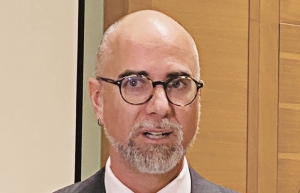 Canada elevates technical assistance
Canada elevates technical assistance
Vietnam and Canada are witnessing their heyday in bilateral ties, with both nations currently celebrating 50 years of diplomatic relations. Shawn Steil, Canadian Ambassador to Vietnam, talked to VIR’s Hara Nguyen about more promising land of cooperation in areas such as clean energy and green growth.
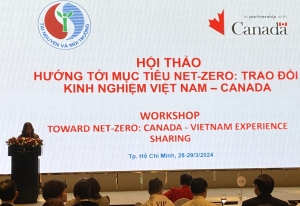 Vietnam and Canada share opportunities to achieve net zero
Vietnam and Canada share opportunities to achieve net zero
The path towards net zero was discussed at a workshop themed “Towards Net-Zero: Canada-Vietnam Experience Sharing”, held in Ho Chi Minh City on March 28.
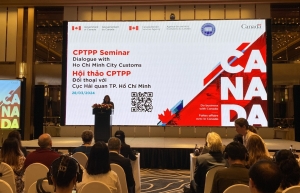 Vietnam and Canada share customs procedures
Vietnam and Canada share customs procedures
A forum themed “CPTTP in Action – Dialogue with Ho Chi Minh City Customs Department” was held on March 27 to discuss country-of-origin issues, tariff classifications and refunds, imports of products samples, and custom clearance with a business delegation from Canada.






